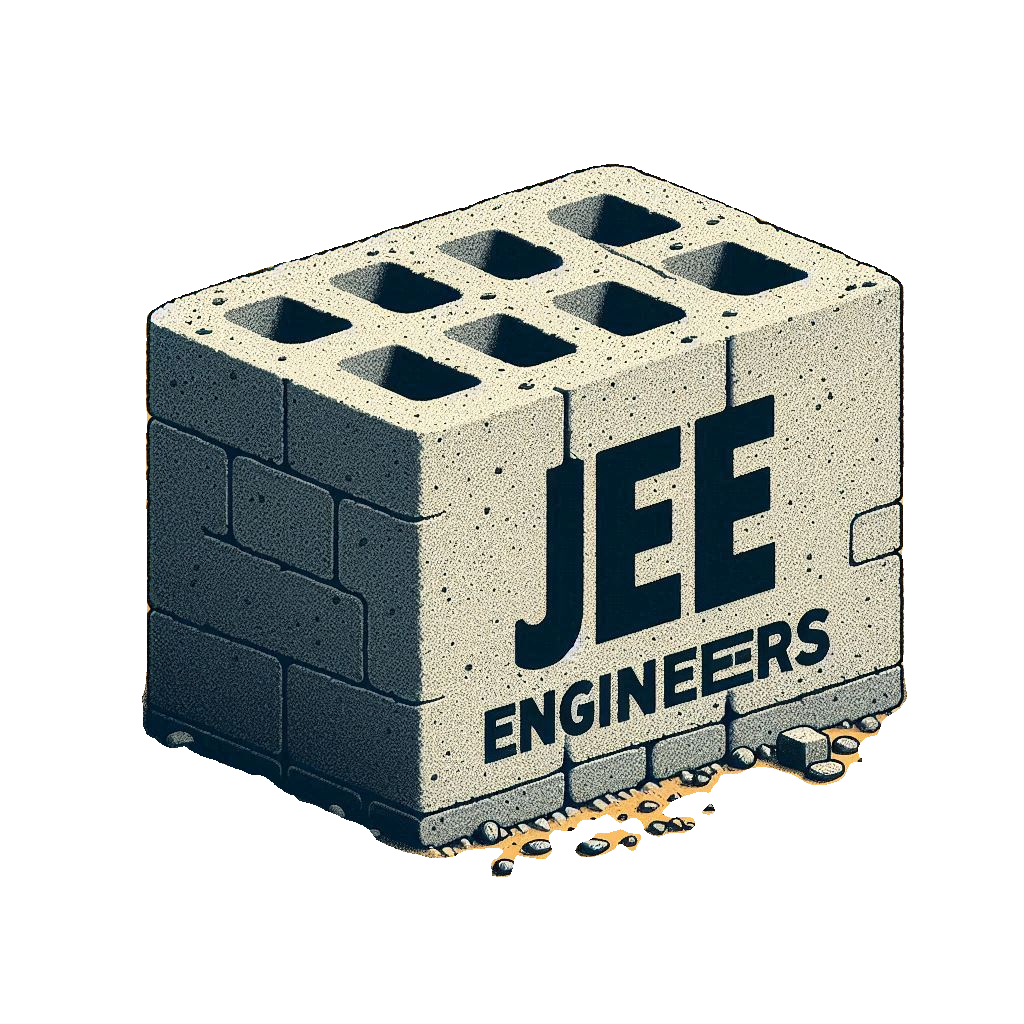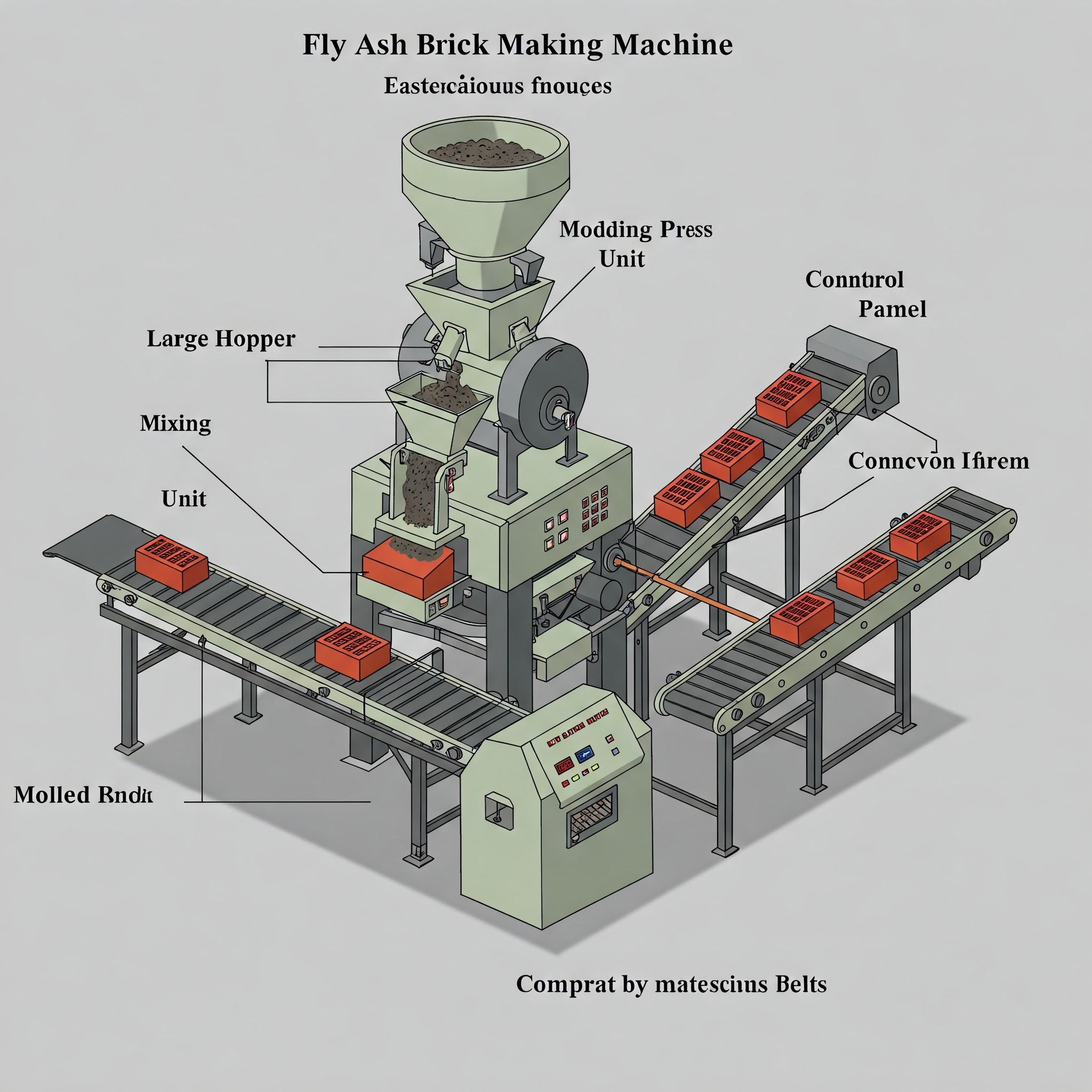Cost of Fly Ash Brick Making Machines


Investing in a fly ash brick-making machine is a significant decision for any construction business or brick manufacturer. Understanding the cost factors and available options can help you make an informed choice. This comprehensive guide provides pricing insights and discusses the key factors that influence the cost of these machines.

Fly ash brick-making machines offer numerous benefits, making them a worthwhile investment for construction businesses and brick manufacturers. Here are the key advantages:
Utilizes industrial waste (fly ash) to create sustainable bricks, reducing environmental impact.
Lower production costs compared to traditional clay bricks due to the use of waste material.
Produces a large number of bricks in less time, improving productivity.
Allows production of bricks in various sizes and shapes to meet specific project requirements.
Fly ash brick making machines come in different types, each with its own cost implications. Understanding these types can help you choose the right machine for your needs.
| Machine Type | Approximate Cost Range (INR) | Key Features |
|---|---|---|
| Manual Fly Ash Brick Making Machine | ₹1,00,000 - ₹3,00,000 |
|
| Semi-Automatic Fly Ash Brick Making Machine | ₹3,00,000 - ₹10,00,000 |
|
| Automatic Fly Ash Brick Making Machine | ₹10,00,000 - ₹50,00,000+ |
|
Note: The prices mentioned are approximate and can vary based on specifications, brand, and additional features.
| Factors | Manual | Semi-Automatic | Automatic |
|---|---|---|---|
| Initial Investment | (Low) | (Medium) | (High) |
| Labor Requirement | (High) | (Medium) | (Low) |
| Production Capacity | (Low) | (Medium) | (High) |
| Maintenance | (Simple) | (Moderate) | (Complex) |
| Space Requirement | (Low) | (Medium) | (High) |
| Best For | Small-scale operations, startups with limited budget | Medium-sized businesses looking to balance cost and production | Large manufacturers with high volume requirements |
Several factors influence the cost of fly ash brick machines. Being aware of these factors can help you make an informed purchasing decision.
Machines with higher production capacity cost more but offer better efficiency for large-scale operations.
Larger machines for high-volume production cost more than smaller machines for lower capacity requirements.
Well-established brands with proven reliability may command higher prices but offer better quality and longevity.
Machines with advanced features like automatic material feeders, temperature control, and moisture controllers cost more but enhance efficiency.
Machines with longer warranty periods and better customer support might cost more initially but provide peace of mind and reduce long-term maintenance costs.
The geographical location of the supplier and associated shipping costs can significantly affect the overall price.
Consider available payment plans, leasing options, or manufacturer financing that can help manage the initial investment while maintaining cash flow.
When budgeting for a fly ash brick making machine, it's important to consider additional costs beyond the initial purchase price.
Professional installation and initial setup can add 5-10% to the total cost. This includes site preparation, foundation work, electrical connections, and initial calibration.
Shipping heavy machinery can be expensive, especially for international purchases. Import duties, customs clearance, and insurance may also apply.
Consider ongoing electricity consumption, raw material costs, maintenance expenses, and labor costs for machine operation. Higher-end automated machines may use more power but require less labor.
Regular maintenance and occasional replacement parts can add 3-5% of the machine cost annually. Budget for preventive maintenance to avoid costly breakdowns.
At Jee Engineers, we offer high-quality fly ash brick machines that provide excellent value for your investment:

The cost of fly ash brick-making machines depends on various factors, including type, capacity, and features. By understanding these factors, you can make an informed decision that aligns with your budget and production needs. At Jee Engineers, we provide high-quality machines at competitive prices, ensuring you get the best value for your investment.